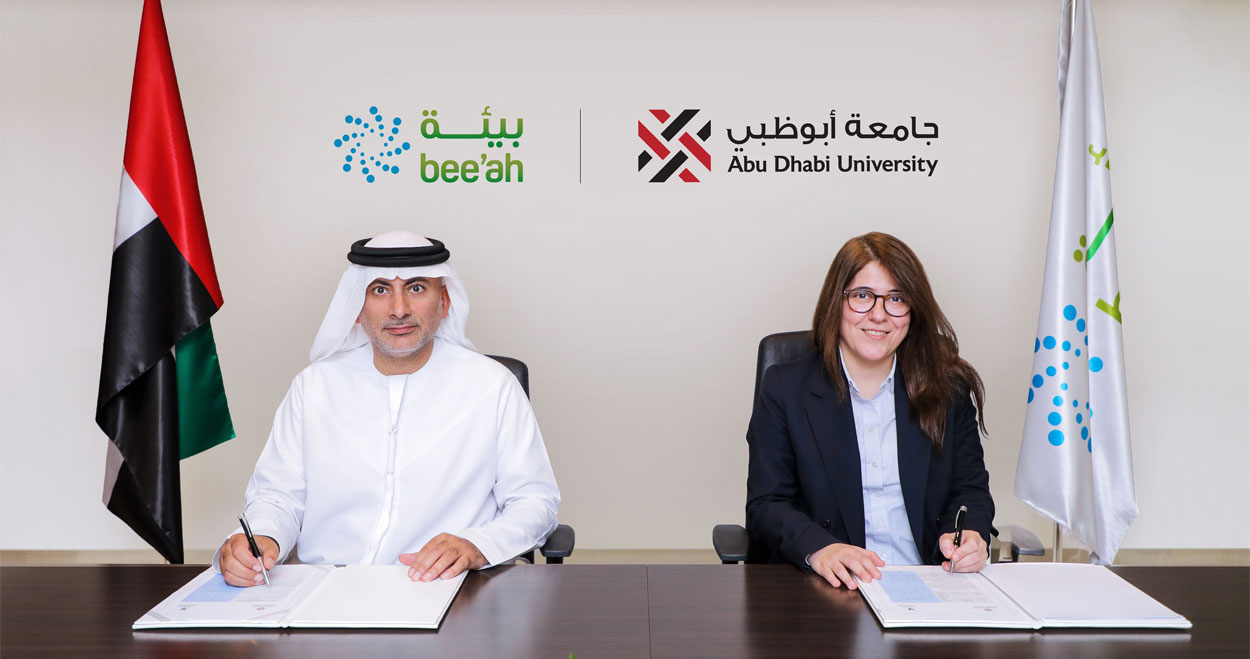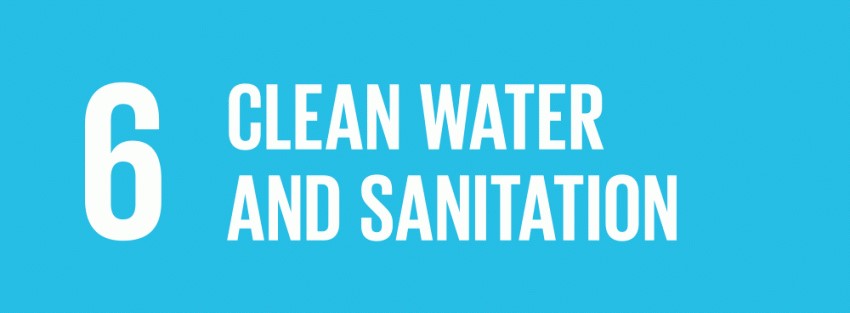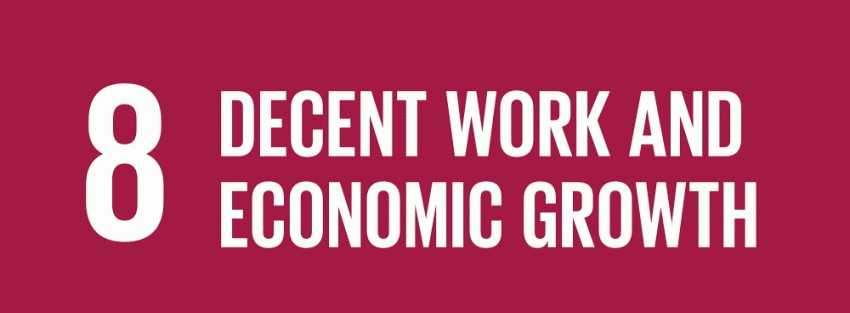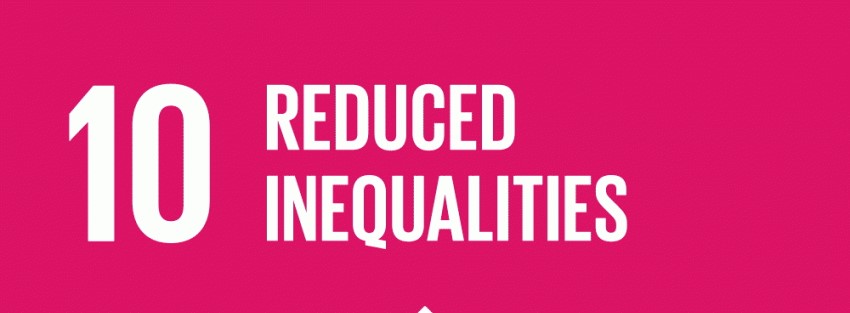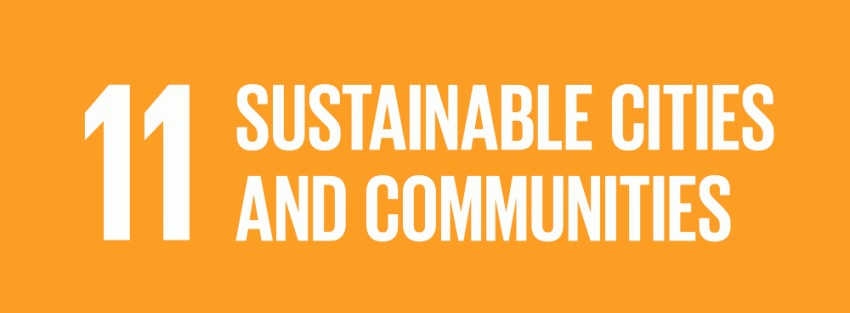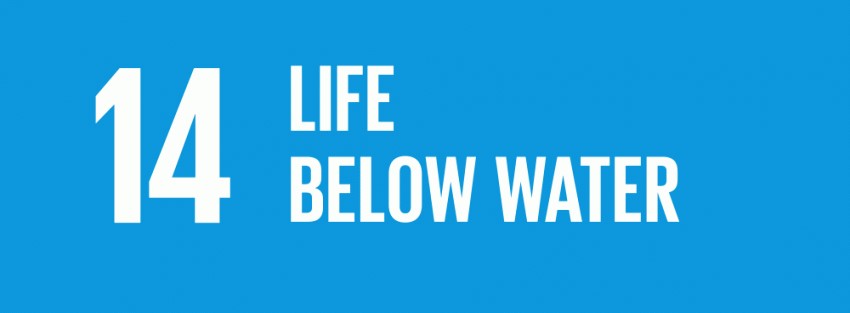ADU signed a Memorandum of Understanding (MoU) with Bee’ah
ADU Signs MoU with Bee’ah To Expand Program Offerings & Training in Environmental Sciences
ADU recently signed a Memorandum of Understanding (MoU) with Bee’ah, the Middle East’s sustainability pioneer, to expand its professional course offerings in environmental sciences.
ADU recently signed a Memorandum of Understanding (MoU) with Bee’ah, the Middle East’s sustainability pioneer, to expand its professional course offerings in environmental sciences. Combining ADU’s robust academic framework and Bee’ah’s expertise across sectors relating to sustainability, new courses and training programs will be developed for future-critical topics such as climate change and waste management. In addition to enabling advanced learning opportunities in environmental sciences for one of the largest student bodies in the UAE, the MoU will also enhance academic cooperation and the exchange of scientific expertise between ADU and Bee’ah.
Dr. Nisreen Alwan, Acting Dean of College of Health Sciences at ADU, , and H.E Khaled Al Huraimel, Group CEO of Bee’ah, signed the MoU. The MOU signing ceremony was held in the presence of Mohamed Alhosani, CEO of Bee’ah CRI, Hind Al Huwaidi, Director of Education at Bee’ah, Sami Mohammed Handley, Director of IEMS, Dr. Michele Cherfane, Chair of the Environmental and Public Health Department at ADU, and Dr. Rahaf Ajaj, Assistant Professor of Environmental Health and Safety at ADU. ADU and Bee’ah will now begin collaborative development of the new programs, enabling the academic and professional development of students, while also being accessible to organizations looking to advance research in the environmental field.
ADU and Bee’ah will work together to organize events that will promote environmental awareness among students and in communities, while also attending sustainability seminars and conferences to contribute to the global dialogue on sustainability.
Professor Waqar Ahmad, Chancellor of ADU, said: “We are delighted to collaborate with Bee’ah to educate and raise awareness on tackling environmental issues for a more sustainable future. We look forward to developing a framework to advance research on resource management, climate change, and waste, in order to find better solutions that contribute to environmental sustainability. At ADU, we believe that preserving the environment is a noble mission, one that we feel is important to adopt as a leading university in the MENA region.”
Professor Waqar added: “ADU strives to involve its students in devising innovative solutions to the most pressing world problems and encourage them to be more involved in the measures being taken to protect the environment. We look forward to empowering our students to innovate in this field by providing them with the necessary knowledge, trainings and workshops that allow them to build the foundation for their future career path. ADU aims to educate the leaders of tomorrow by fully supporting students and graduates in their career choices through partnerships and agreements that support students in finding jobs and building sustainable and successful careers.”
H.E. Khaled Al Huraimel the Group Chief Executive officer in Bee’ah said: “By partnering with Abu Dhabi University, we are sharing our expertise with the next generation of academics and professionals, who will be critical in carrying forward the vision of an environmentally sustainable future in the UAE, Middle East and beyond. Through the programs we develop, ADU and Bee’ah will enable a wider national and global discourse on the threats facing our environment, while accelerating the advancements to tackle these very threats.”
ADU aims to become a leading university in the MENA region by participating in leading innovative projects and solutions. With the strong partnerships formed with entities that focus on environmental sustainability, backed by the prominent courses it provides in the field of Environmental Health and Safety, ADU is ensuring new talents that excel in sustainability, waste management and pollution monitoring.

